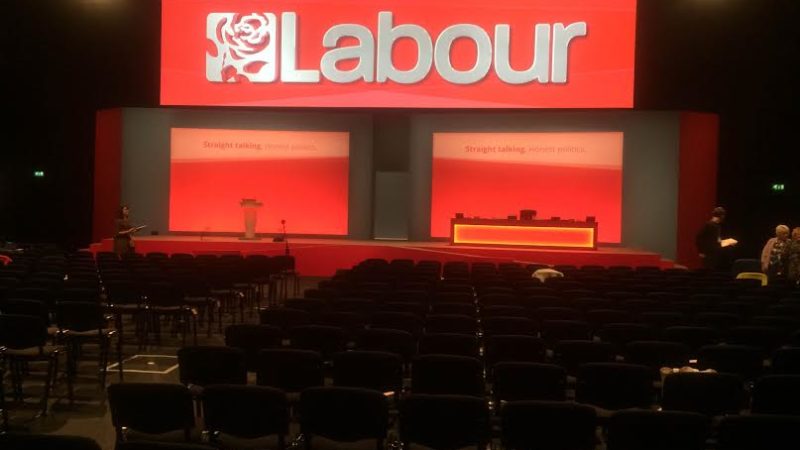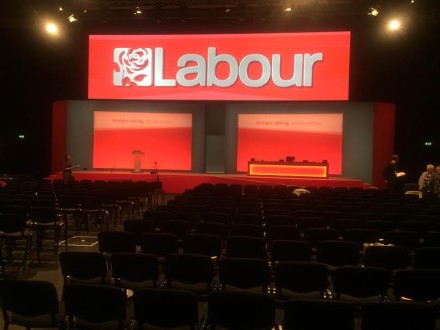

Ninety-nine per cent of the current debate on Labour’s future ignores the elephant in the room: the virtual impossibility of Labour winning an overall parliamentary majority at the next election or the one after that, regardless of who is or might be the party’s leader. The electoral arithmetic, among other factors, makes this a racing certainty. What’s more, we know that elections are never won by a party which is behind in the polls on economic management competence or whose leader’s standing in the polls lags way behind his or her opponent. We all know this is true but it’s often too painful to face its consequences.
This harsh reality has huge implications for Labour’s tactics in pursuit of what must be the overriding objective: saving the country from yet more decades of Tory misrule. If the Tories, under a new leader enjoying a honeymoon, are to be dethroned, and if Labour alone can’t dethrone them, it’s simple logic that the job can be done only by an alliance of the progressive parties, led by Labour as the biggest of them. Such a multi-party association can take several forms: a loose alliance supporting a minority Labour government, or a slightly more formal ‘confidence and supply’ understanding with the other progressive parties, or a formal coalition of some or even all of them, each represented in a government of the broad left.
Similarly, the policies of a broad progressive alliance to replace the Tories in office can be agreed before an election (or even after it, as in 2010) in a detailed agreed document, or there can be a more general understanding in support of a progressive programme whose core elements all the progressive parties agree to support, or the other parties can be free to decide ad hoc which policies of a minority Labour government they will support as they go along. There would also need to be very difficult decisions, at a much later stage, on possible electoral agreements in certain constituencies designed to avoid the progressive vote being split, letting the Tory (or UKIP) in. It’s impossibly premature to try to decide now the exact form an alliance might take, and the kind of policy agreement it would entail.
If we insist on debating these questions now, important thought they are, the whole project is bound to get bogged down. First things first: such as what?
The first cautious step is for a group of the Labour leadership representing all its main strands of opinion to start private and non-committal talks with the leaders of the other progressive parties, to explore their attitudes to some form of possible progressive alliance. If these produce a positive response, the next step should be meetings to identify common policy ground which all concerned could agree to support.
This will necessarily mean Labour putting on the back burner for another time some policies which are dear to the hearts of the current leadership and to many party members and supporters (not just Mr Corbyn’s), but which some other significant progressive parties could not be persuaded to support. Sooner or later this price will have to be paid for ending Conservative rule and saving what’s left of the country from its dire consequences. The other progressive parties would have to make corresponding sacrifices in pursuit of the common goal.
A major implication of these hard realities is that Labour’s attitude to the other progressive parties will have to change, however much this hurts. We must start to regard, and treat, the SNP and the Lib Dems as potential partners in a vital progressive enterprise: as rivals, certainly, but not as sworn and permanent enemies.
This will raise special difficulties in Scotland, but if we allow Scotland to make the whole project seem too difficult before it has even been quietly launched, we are in effect condemning Britain to permanent Tory rule. Even Scottish Labour, threatened anyway with virtual extinction at the SNP’s hands, might regard permanent Conservative government as even worse than having to come to an understanding with their, and our, historic foes. In the longer term the solution to the problem of the SNP’s colossal over-representation at Westminster (and UKIP’s under-representation) will have to be some form of proportional representation for Westminster, which is bound to be an item for discussion when it comes to searching out common ground with the other progressives.
I believe another unifying long-term objective will be a fully federal union of the four UK nations. There will be many other objectives to be identified and refined as the discussions proceed. But it would be fatal to try to decide them now, in advance.
To repeat: this is emphatically not about Jeremy Corbyn being, or not being, electable. It’s about Labour itself being unelectable on its own, whoever leads it, and almost certain to remain so. It’s time to face up to the implications of this. Some are unpalatable. But working with other progressives offers hope, and nothing else does.




More from LabourList
‘Labour council candidates – it’s tough, but all is not lost’
‘Labour won’t stop the far right by changing leaders — only by proving what the left can deliver’
‘Cutting Welsh university funding would be economic vandalism, not reform’